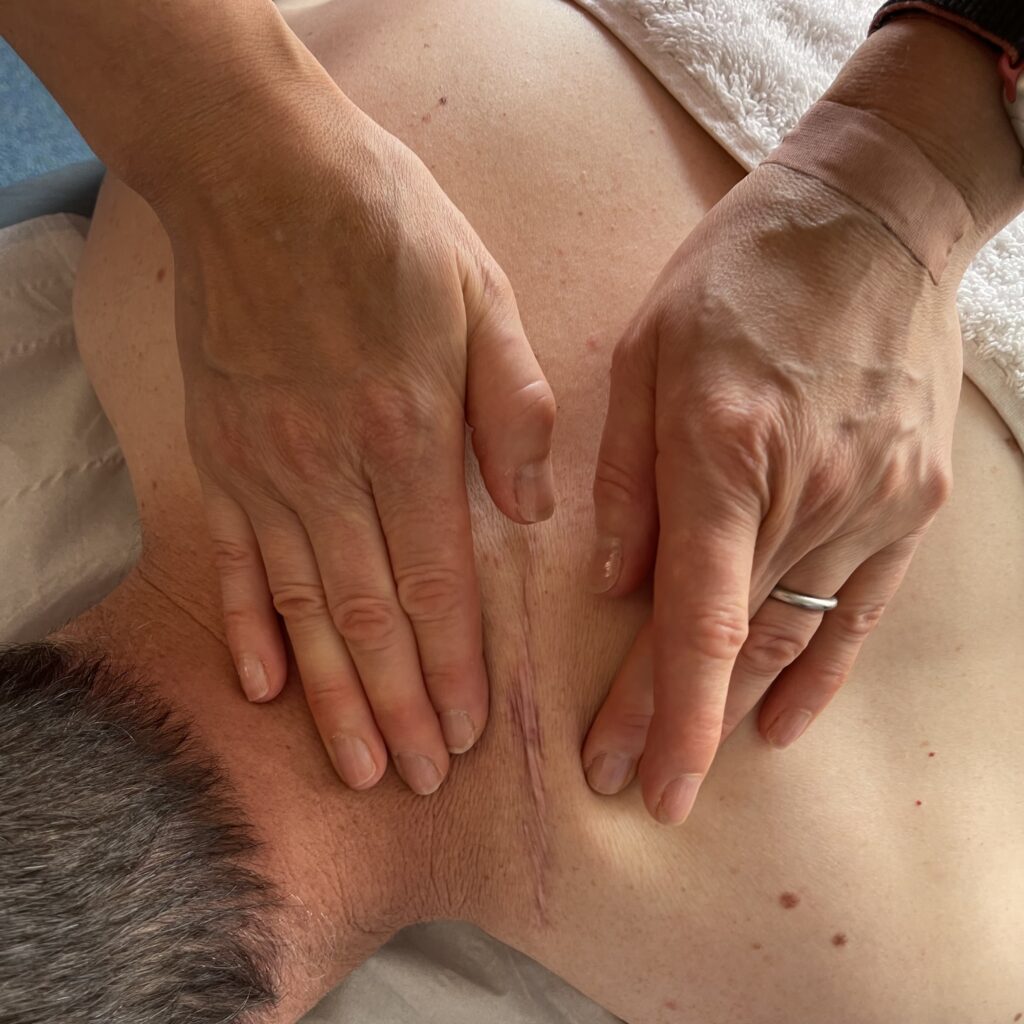Have you had any of the procedures below?
- Liposuction (face, arms, tummy, thighs)
- Tummy Tuck (partial or 360)
- Lift (face, thighs or arms)
- Brazilian Butt Lift (BBL)
Manual Lymphatic Drainage treatment is a necessity after most plastic surgical procedures.
Whether you are going away, or get it done locally, you will be most likely advised to book a course of professional MLDs to enhance your recovery, ensure safe healing of your tissues and avoid formation of fibrosis and retaining fluids
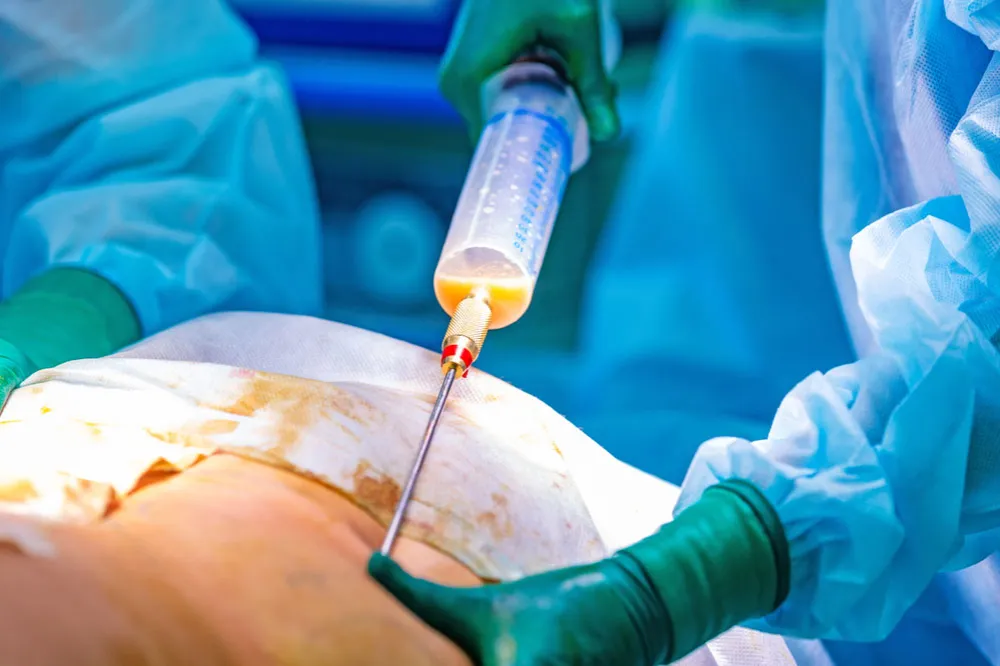
Warning!
Although many massage therapists can be trained in a general MLD for wellbeing and detox, a post -op MLD should be performed by medically trained practitioner who will be able to advise and mitigate any complications.
How will you feel after the surgery?
Post-op recovery can be a very scary time. Your body will feel like it doesn’t belong to you.
It will most likely go into a shock and overproduction of lymph. This is very normal after any kind of surgery, however due to a large surface covered during liposuction, the lymph production may become uncomfortable and problematic.
This results in excessive swelling, body heaviness and sluggishness.
And, of course, you want to recover as soon as possible to enjoy the results of your effort!
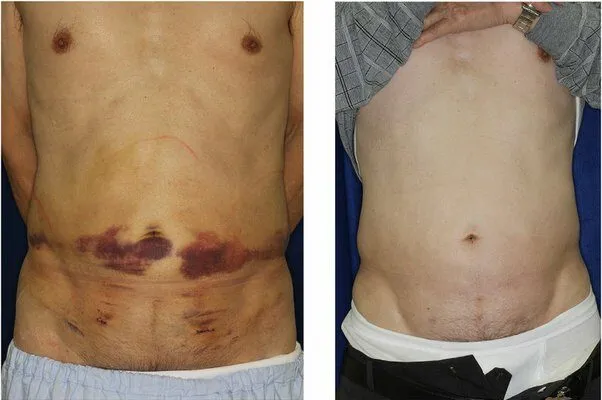
Let's have a closer look at the Frequently Asked Questions
How many sessions will I need and how long?
Your doctor should give you a recommendation of how many sessions you should schedule and when. It is usually advised to get a course of 10-15 sessions immediately after the procedure but this depends on your body’s ability to heal. We offer convenient packages to accommodate your need.
Sessions are usually 45min long for one area and 60-90min for more areas. The frequency is between one and 3 sessions per week
Is the treatment painful?
The treatment is very superficial due to the anatomical placement of your lymph vessels. Although you may be a bit tender and bruised at the beginning of your recovery process and you may be in discomfort, the treatment itself should not be painful at all.
Who will do my treatments?
We are a team of highly trained professionals with a thorough understanding of human anatomy and physiology making us the best specialists to treat your conditions. Our qualifications vary from Sports and Remedial Therapists to Physiotherapists.
I have a surgery booked soon. When should I contact you?
Can I talk to somebody about my concerns?
Of course! You can call our clinic manager who will be able to answer any of your questions. You can call us or send us an email and we will contact you back as soon as possible
I had the surgery done and I have an infection. Should I still come in for the MLD?
We would advise you to speak to your doctor first. It is most likely that they will recommend medication and rest before seeing us for the MLD. We usually require 24h cancellation.
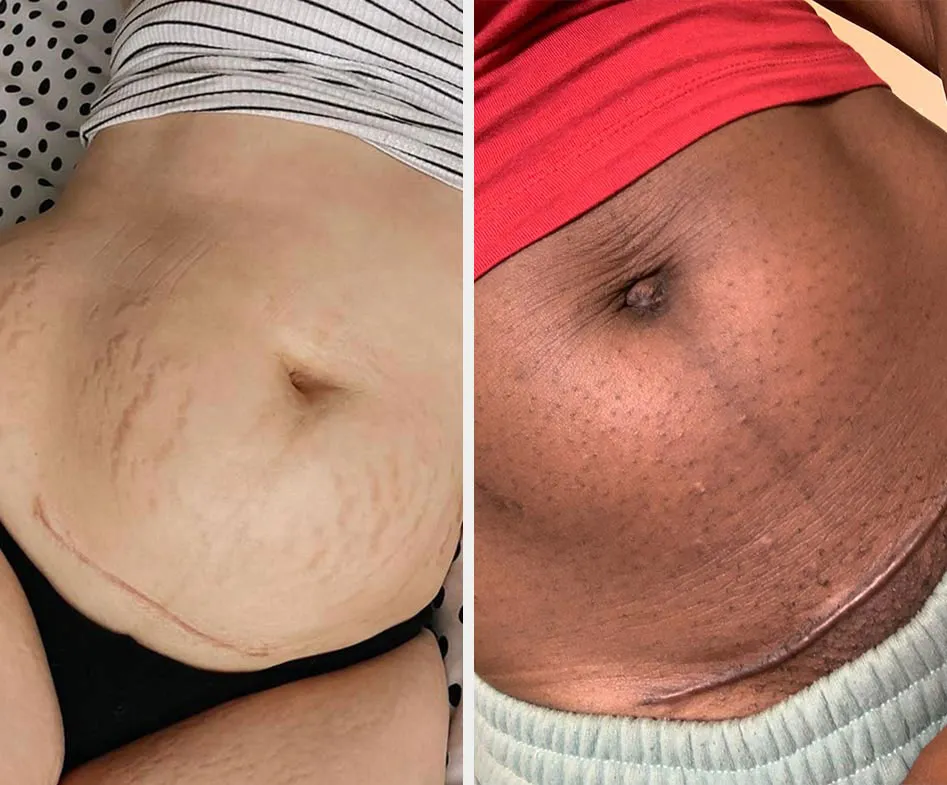
Post Operative Scar Therapy
All surgeries leave some kind of scars behind
How do they affect your life?
A scar can potentially affect posture depending on its size, location, and how it has healed.
A large scar, especially in an area where it restricts mobility, can lead to changes in posture as the body adapts to avoid stretching or putting pressure on the scar tissue.
Additionally, scars near joints or muscles may impact their functionality, potentially causing muscle imbalances and altering posture to compensate for reduced range of motion or strength.
Moreover, scars that cause discomfort or pain can result in postural adjustments as individuals attempt to minimize discomfort.
Overall, the extent to which a scar affects posture varies from person to person and depends on individual factors such as scar size, location, and overall physical condition.
Physical therapy and rehabilitation exercises may be necessary to address posture-related issues caused by scars.
What Scars should be treated?
C-section scars and abdominal scars
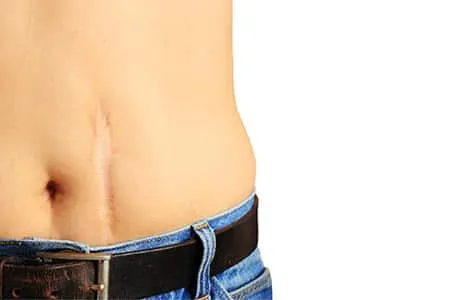
Breast enhancement or reduction scars
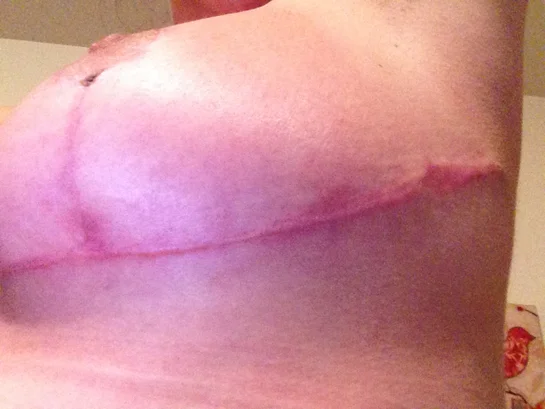
Begin 3 weeks after the surgery, the scars, if not treated can become hard and immobile, causing movement limitations and eventually lead to pain and postural discomfort. 9 out of 10 people end up with neck and shoulder pain related to scar tissues after this type of surgery if not treated.
Burning Scars
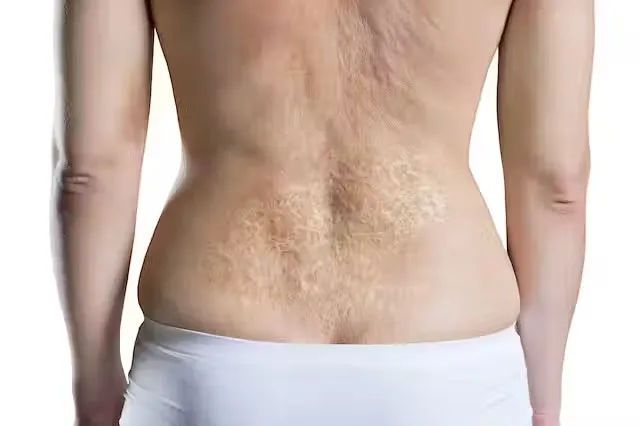
Burning scars become something like a tight fabric over the skin causing mobility issues, feelings of discomfort and overcompensation. Untreated they can lead to postural issues that are very hard to track as the source of the scars are very rarely linked to muscular pains.
Large injury scars
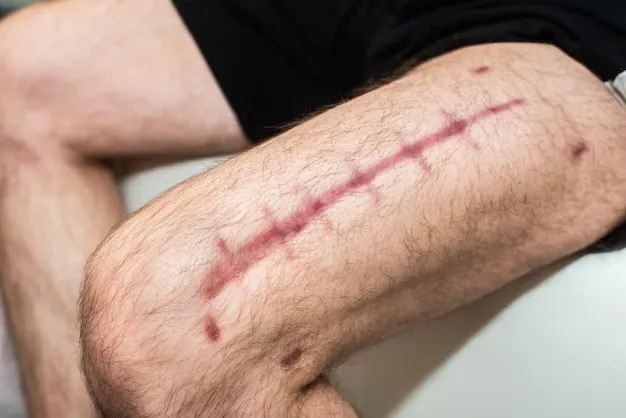
Physically, deep scars can restrict the range of motion in nearby joints and muscles, potentially leading to functional limitations and altered movement patterns. These restrictions can affect daily activities and even lead to chronic pain or discomfort.
How Can Therapy Help?
Manual Therapy for scar management focuses on improving the physical aspects of scars, particularly their mobility and functionality.
A therapist uses various techniques such as scar tissue massage, stretching exercises, dry needling, Chinese cupping, and manual therapy to break down scar tissue, increase flexibility, and restore range of motion in the affected area.
Additionally, therapists can guide you in developing a personalized exercise regimen to strengthen the surrounding muscles and tissues, which can help you provide better support and stability to the scarred area.
Overall, therapy plays a vital role in optimizing the physical recovery and functionality of scars, helping individuals regain their mobility and reduce any associated pain or limitations.
